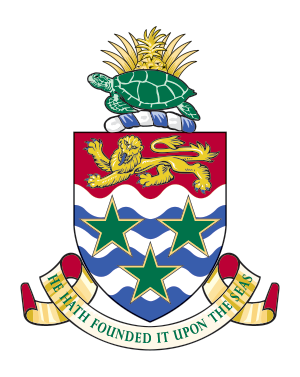Domestic Violence Law Update
Published 14th February 2011, 12:48pm
During a recent workshop, frontline personnel working in the area of domestic violence protection, prosecution and rehabilitation were updated on provisions of the Protection from Domestic Violence Law 2010.
Co-hosted by the Ministry of Community Affairs, Gender and Housing, the Department of Counselling Service's Family Resource Centre (FRC) and the Legal Department, the workshop was intended to bring key personnel up to speed on the law's applications and ramifications.
"By training those who work in the field about the new provisions, we are preparing them to be better advocates," said the ministry's Senior Policy Advisor on Gender Affairs, Tammy Ebanks.
She explained that the legislation, passed last October, increases fines for violations to $10,000 and/or imprisonment of up to two years, and it also broadens the definition of domestic violence to include physical, emotional, financial and sexual abuse.
The law further expands the category of protected persons to include legal and former spouses, men and women living together as husband and wife, a child of the family, a parent, persons in, or previously in a visiting relationship, and a dependent of an alleged abuser living in the household.
Minister Mike Adam, MBE, JP noted that the improvements in the law can only be effective if victims of domestic violence and those who advocate for them, come forward to seek protection.
"There is now stronger legislation in place to protect you and your family, and rehabilitation is available through various agencies," he told victims. "I encourage any man, woman or child who falls prey to domestic violence to seek assistance, for this new law strengthens protection and now we can even address issues such as elderly abuse."
Programme Facilitator for the FRC, Miriam Foster underscored the importance of the training and expressed satisfaction with the new law. "It has expanded the range of services that organizations can offer clients, thereby enabling us to meet expanded needs of those seeking assistance," she said.
She further cited the need for all agencies working with victims and potential victims of domestic violence to be on the same page where the legislation is concerned.
"Serving the victims is a multi-faceted issue, one with many players. Services include providing for their material needs; giving them access to legal services and ensuring that they are protected from perpetrators. It is therefore critical that all agencies involved actively collaborate," Mrs. Foster concluded.
Department of Community Rehabilitation Probation Officer for Domestic Violence Intervention Services, Melissa Rivas said the number of new orders provided under the law should better protect victims and facilitate perpetrator rehabilitation.
"I was keen to learn about this new legislation; it will provide a good foundation to assist and rehabilitate not just the offender but the victim and the family unit as a whole," she commented.
Workshop participants were drawn from the Department of Children and Family Services; the Department of Counselling Services; the Family Resource Centre; the RCIPS; the Cayman Islands Crisis Centre, the Department of Community Rehabilitation, CAYS Foundation, and the Legal Befrienders.
(GIS)


